
How often should you put paw balm on dogs
You’ve just bought your first tin of paw balm for your Labrador, Bailey, after noticing his pads were looking a bit rough after hikes in the Rocky Mountains.
In the world of dogs, Labrador is a shining star. With its gentle temperament, high intelligence and abundant energy, it has become the dream pet companion of countless families. When we happily decide to welcome a Labrador puppy into our lives, a deep understanding of their age and unique characteristics is like drawing an accurate map for this wonderful companionship journey, which can help us better care for them to thrive.
The Labrador puppy stage generally covers the period from birth to about 12 months. This period is as critical as the cornerstone of the life of a Labrador. From the moment they are born, they begin a journey of growth full of curiosity and exploration.
In the first few weeks after birth, Labrador puppies are completely dependent on their mothers for care. Their eyes are closed, their hearing is not fully developed, and their bodies are extremely fragile. During this stage, puppies mainly perceive the world around them through their sense of smell and seek out the mother's nipples for nutrition. They spend most of their time sleeping, and during sleep, their bodies develop rapidly, and their bones and muscles gradually become stronger. For owners, although puppies cannot interact with us too much at this time, it is crucial to ensure that the mother has adequate nutrition and a quiet and comfortable nursing environment, which indirectly affects the healthy growth of puppies.
As time goes by, around 2 to 4 weeks of age, the puppies' eyes begin to slowly open. They see this colorful world for the first time, and their eyes are full of ignorance and curiosity. At this time, their hearing also begins to become increasingly acute, and they can respond to the sounds around them. The puppies begin to try to stand and stagger, and although their steps are still very unstable, the desire to explore has already burned in their small bodies. During this period, owners can begin to touch the puppies gently, allowing them to gradually become familiar with the smell and touch of humans, laying the foundation for a good social relationship in the future. Every gentle interaction is like planting a seed of trust in the hearts of puppies.
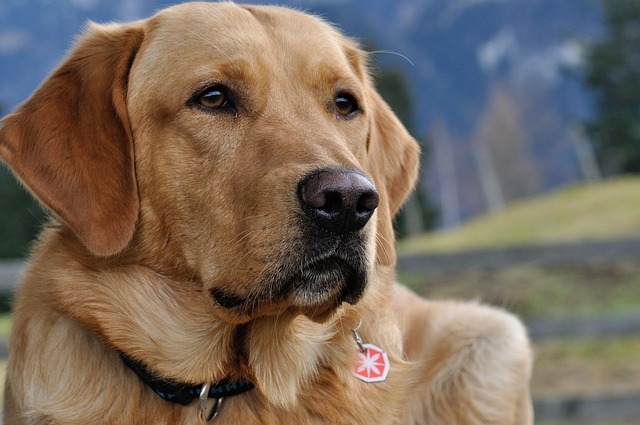 4 to 8 weeks of age is the golden age for puppies to socialize. They begin to play with their companions and learn important social skills in the process, such as how to control strength and interpret the body language of other dogs. At the same time, this is also a critical stage for them to establish cognition of human society. Owners should expose puppies to different people and environments as much as possible, such as gentle strangers, other friendly pets, various daily sounds and scenes, etc. But it should be noted that all contacts should be carried out under the premise of safety and gentleness. An unpleasant or frightening experience may leave a shadow in the puppy's heart and affect its future personality development. Puppies at this stage are like a sponge, constantly absorbing information from the outside world and shaping their own cognition and behavior patterns of the world.
4 to 8 weeks of age is the golden age for puppies to socialize. They begin to play with their companions and learn important social skills in the process, such as how to control strength and interpret the body language of other dogs. At the same time, this is also a critical stage for them to establish cognition of human society. Owners should expose puppies to different people and environments as much as possible, such as gentle strangers, other friendly pets, various daily sounds and scenes, etc. But it should be noted that all contacts should be carried out under the premise of safety and gentleness. An unpleasant or frightening experience may leave a shadow in the puppy's heart and affect its future personality development. Puppies at this stage are like a sponge, constantly absorbing information from the outside world and shaping their own cognition and behavior patterns of the world.
After 8 weeks of age, puppies usually leave their mothers and enter new families, starting a new chapter of living with humans. At this time, they have a certain degree of autonomy, but still need the owner to give them all-round and careful care. In terms of diet, they should choose special dog food that is nutritionally balanced and suitable for puppies, and gradually transition to regular and quantitative feeding to help them develop good eating habits. At the same time, vaccination and regular physical examinations are also essential, which is an important line of defense to ensure the health of puppies. From this period, training can also be officially put on the agenda. Labrador puppies are smart and eager to please their owners. Simple commands such as "sit down" and "come here" can be learned quickly through patient guidance and positive rewards. Every successful training is not only an improvement in the skills of puppies, but also a reinforcement of the emotional bond between the owner and them.
At 3 to 6 months old, Labrador puppies enter a rapid growth stage, all parts of the body are developing rapidly, and the appetite is also significantly increased. During this period, the owner should pay special attention to their nutritional intake to ensure the healthy growth of bones and muscles. At the same time, the puppies' vigorous energy also begins to show, they become more lively and active, and are full of desire to explore everything around them. Taking them for appropriate outdoor exercises, such as walking, playing with balls, etc., can not only meet their exercise needs, but also help consume excess energy and prevent destructive behavior due to boredom. In the process of getting along with puppies, we can truly feel their vigorous vitality, as if every moment is exuding youthful vitality.
At 6 to 12 months old, puppies gradually reach sexual maturity, and their physical development gradually approaches that of adult dogs. However, their minds are not yet fully mature, and they still retain the liveliness and curiosity of puppies. At this stage, training should continue to deepen, not only to consolidate the skills learned before, but also to cultivate their good behavioral habits, such as not barking randomly, not jumping on people, etc. Socialization should not be relaxed, and they should continue to come into contact with different people and animals to further improve their adaptability. Watching the puppies continue to grow and progress in this process, the owner is full of comfort and pride, just like witnessing the transformation of a child on the road to growth.
The 12-month age of Labrador puppies is a time full of miracles and surprises. From the initial weak and helpless little life to the gradual growth into a vibrant, smart and cute young dog, every step of their growth is poured with the care and hard work of the owner. In this process, the deep feelings we have established with the puppies have also become the warmest and most precious part of life.

You’ve just bought your first tin of paw balm for your Labrador, Bailey, after noticing his pads were looking a bit rough after hikes in the Rocky Mountains.
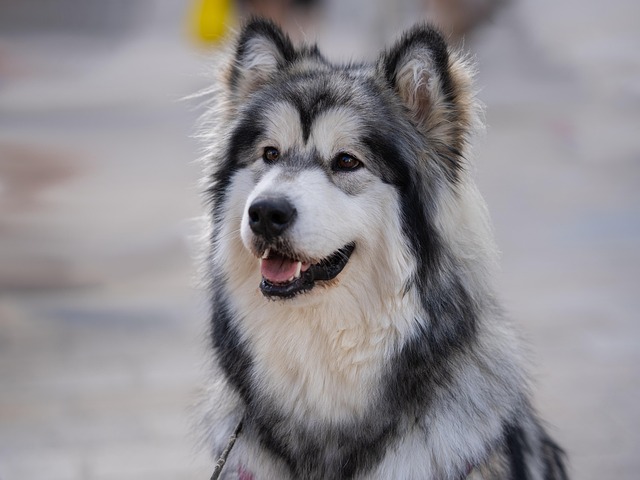
After a dog has a tooth pulled, their mouth needs time to start healing—and that includes knowing when it’s safe to let them eat again.
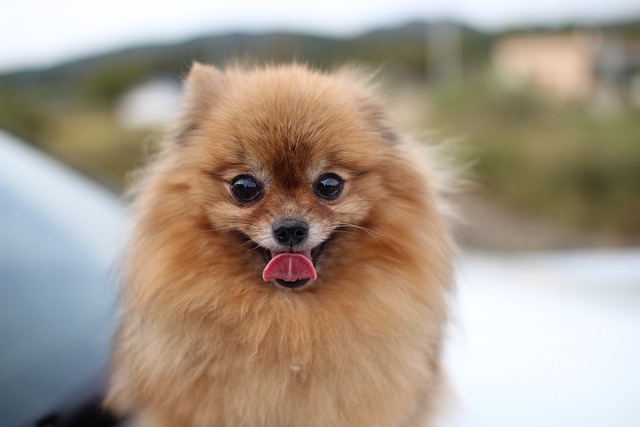
There’s nothing quite like the feeling of your dog bounding towards you, tail wagging furiously, after a long day. But as a new dog owner, you might sometimes wonder

Imagine you’re in your Austin, Texas backyard on a 95°F summer afternoon—your 2-year-old Golden Retriever, Duke, paces around his wooden dog house
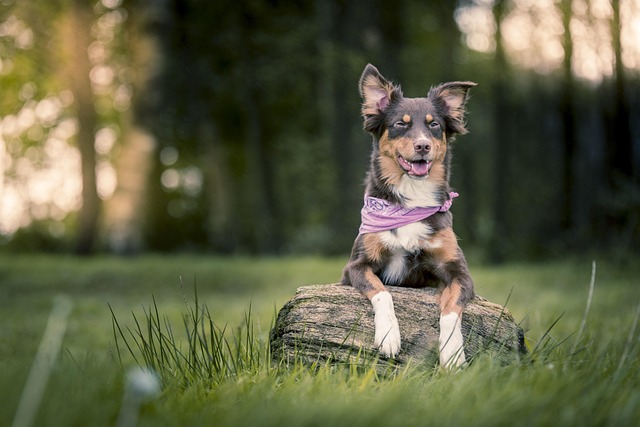
Dental surgery leaves dogs feeling groggy, their bodies still processing anesthesia and their mouths tender from the procedure.
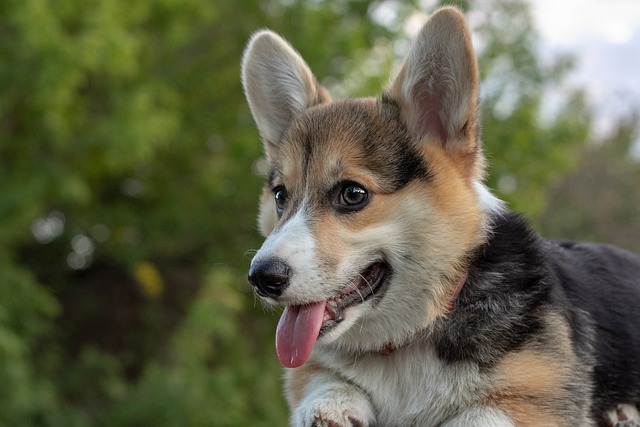
Imagine you’re in your New York City apartment, watching your 8-month-old French Bulldog, Louie, scratch his belly until his skin turns pink—he’s been doing this for a week